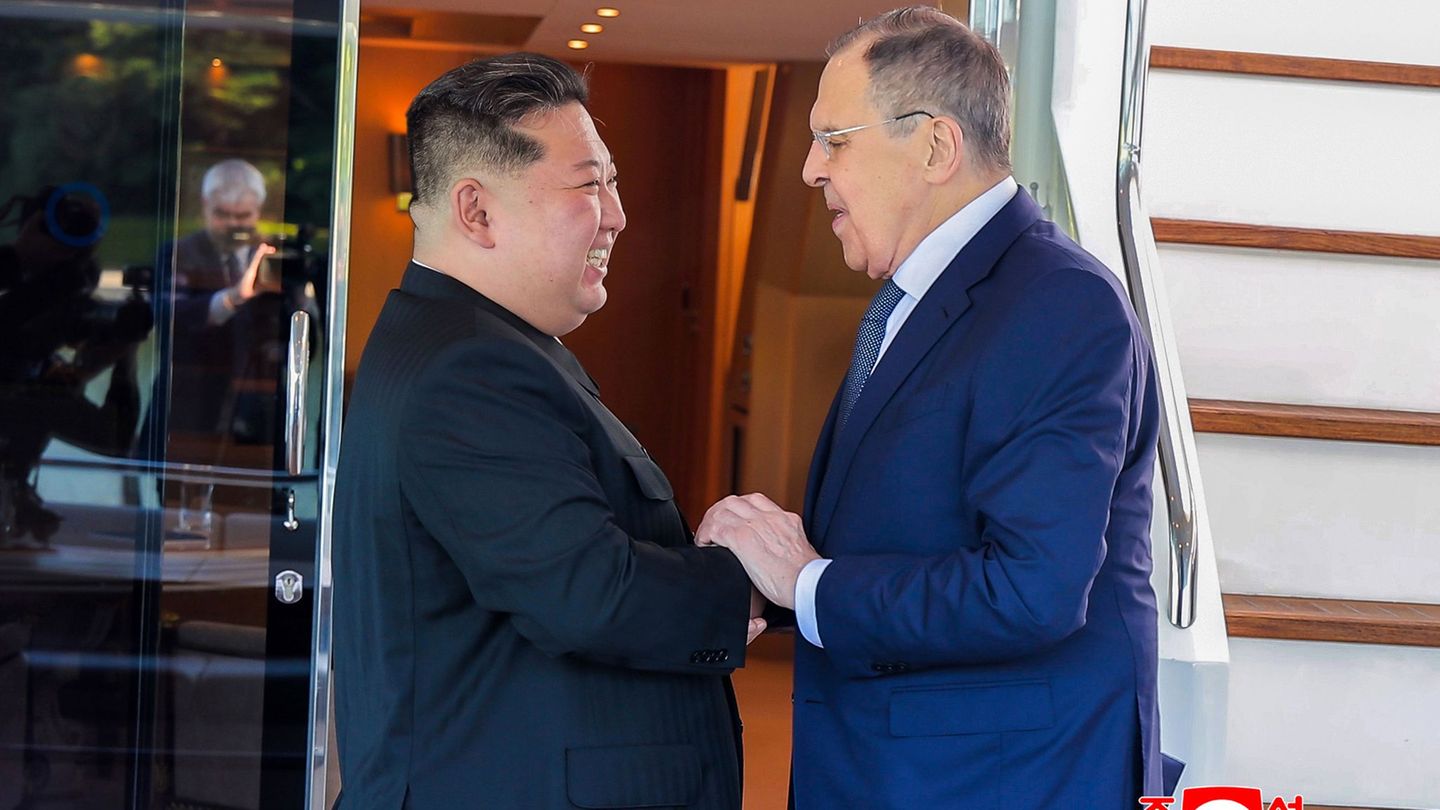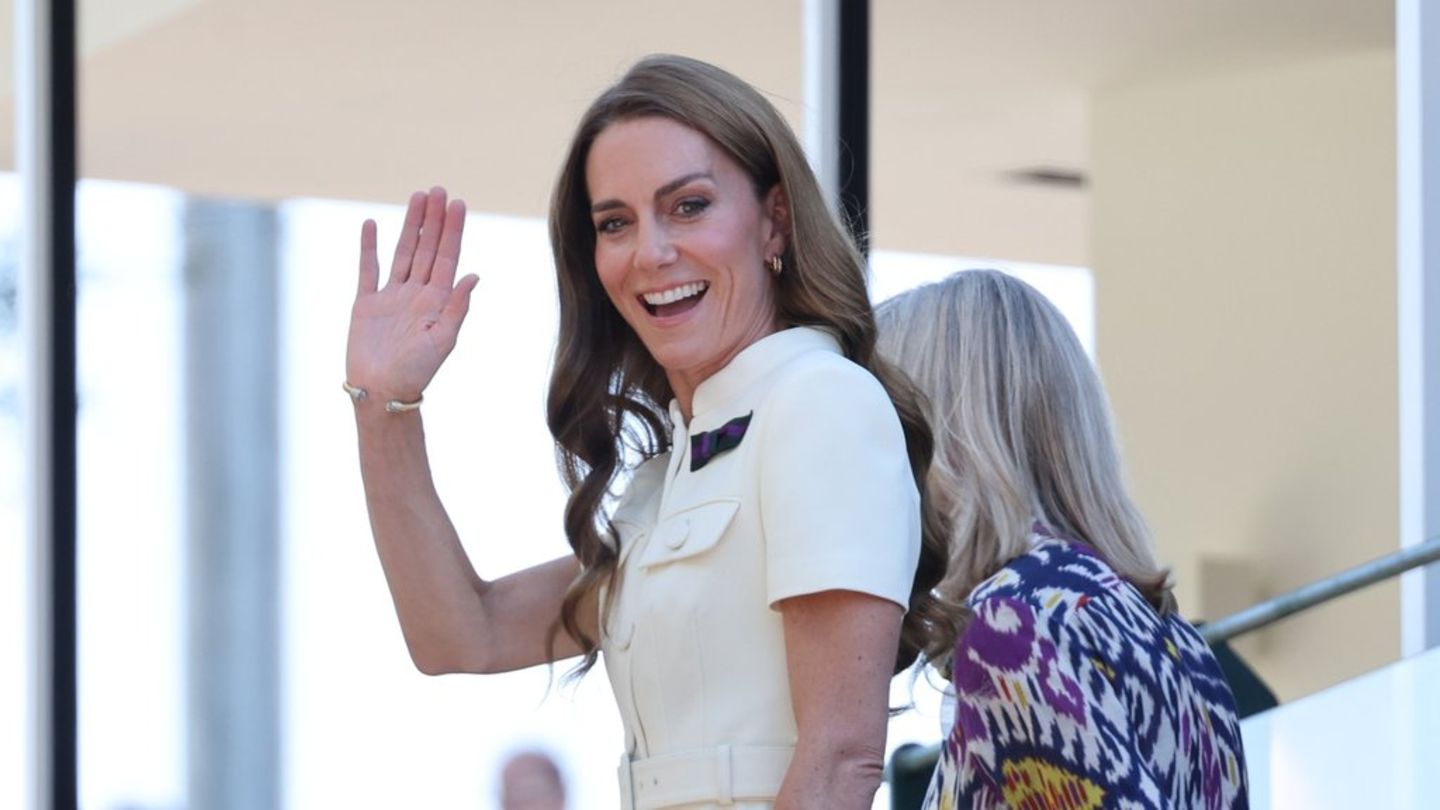For Claudio Caprarulo, director of Analytica“on Sunday it is defined who and how will resolve the economic situation and the exchange rate delay: a more shock policy, in the case of Milei, while Massa’s seems to be more gradual”. However, he assured that “whoever wins, a new stage begins,” marked by the need, among others, for balance the exchange market and resolve imbalances in relative pricestwo elements that “force to modify economic policy”.
Meager reserves and the need to accumulate dollars
He economist and director of Anker Latin America, Martín Vauthier, described in dialogue with Ambit that “the economy arrives at the elections with a strong fragility and with very deteriorated reserves in the Central Bank (BCRA), while the quasi-fiscal deficit is very high.” All of this translates into pressures on the exchange rate Very strong.
For his part, analyst Christian Buteler stated that “The coming economy is going to be very challenging to know how to get out of the current imbalances.” macroeconomic, in a context in which the exchange system is exhausted and the Government’s financing is also in a complex situation.” Although it is a complex scenario, Buteler anticipated that, “in favor, it must be said that we are going to have a more benign situation”.
In this regard he mentioned that the harvest will be betterbecause this year’s drought was very strong and the climatic conditions will be more beneficial, he also anticipated that The Néstor Kirchner Gasduct will allow less gas to be imported and that is going to imply considerably less spending than we have so far on that front. The economy entered the elections with high fragility due to the deterioration of the Central Bank’s balance sheet, but there could have been air to accumulate reserves.
Inflation, price agreement and the specter of hyper
For him Head of Research at Ecolatina Santiago Manoukian The November measurement will be influenced by “the drag left by October, because when one takes the CPI from the Ministry of Economy it gives us approximately 5.7%.” “That added to the impact of the generalization of exchange rate splitting via bearer dollarswhich was at the end of last month, and the effective exchange rate of the Economy and the restrictions on the payment of imports increased, which deepens the uncertainty about replacement costs,” he added.
The economist also mentioned the political factor: “It will clearly impact what can happen the after election day because a large part of the scaffolding of agreements that have been made and freezing were done to be able to reach the runoff without interruptions. Then it remains a bit to see what can happen, whether Massa continues or if Milei wins, if there is going to be cooperation in the transition, greater instability.”
“We are not optimistic that the decline will be sustained over time; Rather, we understand that it is a new floor, always higher than the previous one (6% in June and July). A core inflation cruising at 8.8% monthly is equivalent to an annualized rate of 175%,” they indicated from lcg and they added: “For November we again expect an acceleration in retail inflation.”
According to what they mentioned, after the elections of the 19th, some of the prices repressed until now should begin to thaw, including the official dollar, prepaid medicine fees, fuel and those included in the Fair Prices program. “We expect a record of inflation above double digits in November”they closed from this consultancy.
“The data from our price survey for the first week of November showed a strong acceleration, widespread but with great emphasis on food and beverages. So far in the second week there has been a moderation, although concentrated in items such as clothing and electronic products, which were included in Cyber Monday; Food and beverages did not show this behavior. In this way, the four-week cumulative figure was 10.8%, which suggests that inflation for the month has a floor of 10%“, he indicated CyT Economic Advisors.
“It remains a worrying fact and Looking ahead to November we expect to see a new acceleration (our projection for the month is 12.2%), with the thawing of many prices and the uncertainty of an electoral scenario that is emerging almost as a technical tie,” he said Rocio Bisang, Eco Go economist to its turn.
To close, Lorenzo Sigaut Gravinachief economist of Ecolatinagave his projection: “We see a little more inflation than in October, but there bordering on double digits. If the ruling party wins, the price agreements would persist, then you have a better chance that inflation will be a little more moderate or accelerate less than if there is a change of government.”
“In addition, some regulated ones such as gasoline began to move, Likewise, the official exchange rate, which is very slowly, would begin to wake up. Finally, the export dollar meant that many goods and services that were exported to the official now become liquidated 70-30-30 of the CCL and that is a kind of implicit evaluation and that can impact the internal prices of those goods that are sold abroad,” concluded the economist.
Macroeconomic imbalances, fiscal deficit and poverty
Martín Polo, chief strategist at Cohen, described it this way: “The market and the population are increasingly concerned about the lack of growth, very high inflation, imbalance in the exchange market and lack of international reserves.” According to the specialist, they are all consequences of a greater evil: persistent fiscal deficit, aggravated by “record tax pressure” and “lack of voluntary financing, which leads to financing with more issuance.”
In that sense, he warns that the next government will arrive with an inertial primary deficit “around 3% of GDP, which extends to almost 5% if we consider interest” and prices “traveling above 10% monthly,” without considering “many pending relative price adjustments,” such as utility rates. In all this panorama, there is one unavoidable fact for the specialist: the social panorama, with a strong increase in poverty, “which would exceed 45%”, and indigence.
For Gustavo Bereconomist and holder of the Studio Berthe basic economic outlook is also “complex and delicate,” which is why a stabilizing plan “is urgent”in view of the serious accumulated challenges.
Market credibility and sovereign debt
Paula Gándara, Investment Director of Adcap Asset Management: ”The market will evaluate the governability of the new government, since it will face the need to propose a stabilization plan and structural reforms with a high level of governance so that the market thinks that the program is reliable,” he assures in dialogue with Ámbito.
“What investors are looking for is certainty and reducing uncertainty”said Cohen’s chief strategist. To achieve this, although exposure to exogenous factors such as climate and/or geopolitical risks exceed economic policy, the key “will be a fiscal plan that aims to reduce the deficit without increasing the tax burden” and at the monetary level ““a new exchange policy that reduces exchange control”.
In dialogue with Ambit, Rafael Di GiornoExecutive Director of Professionassured that to analyze what could happen with the sovereign debt in dollars, we must think about 4 possible scenarios. “One could think of a Milei with shock therapy or a gradualist Milei. The same on Massa’s side, if he is a Massa who is inclined to take pro-market measures or a Massa who is inclined to continue with this management“he described.
In what political context would they rise and in which would they fall? For the expert they would advance, If the libertarian wins and goes towards a gradualist version and in the case of the candidate of Unión por la Patria, If Massa leans towards pro-market measures. Likewise, Di Giorno He highlighted that the predominant scenario is uncertainty.
Source: Ambito




